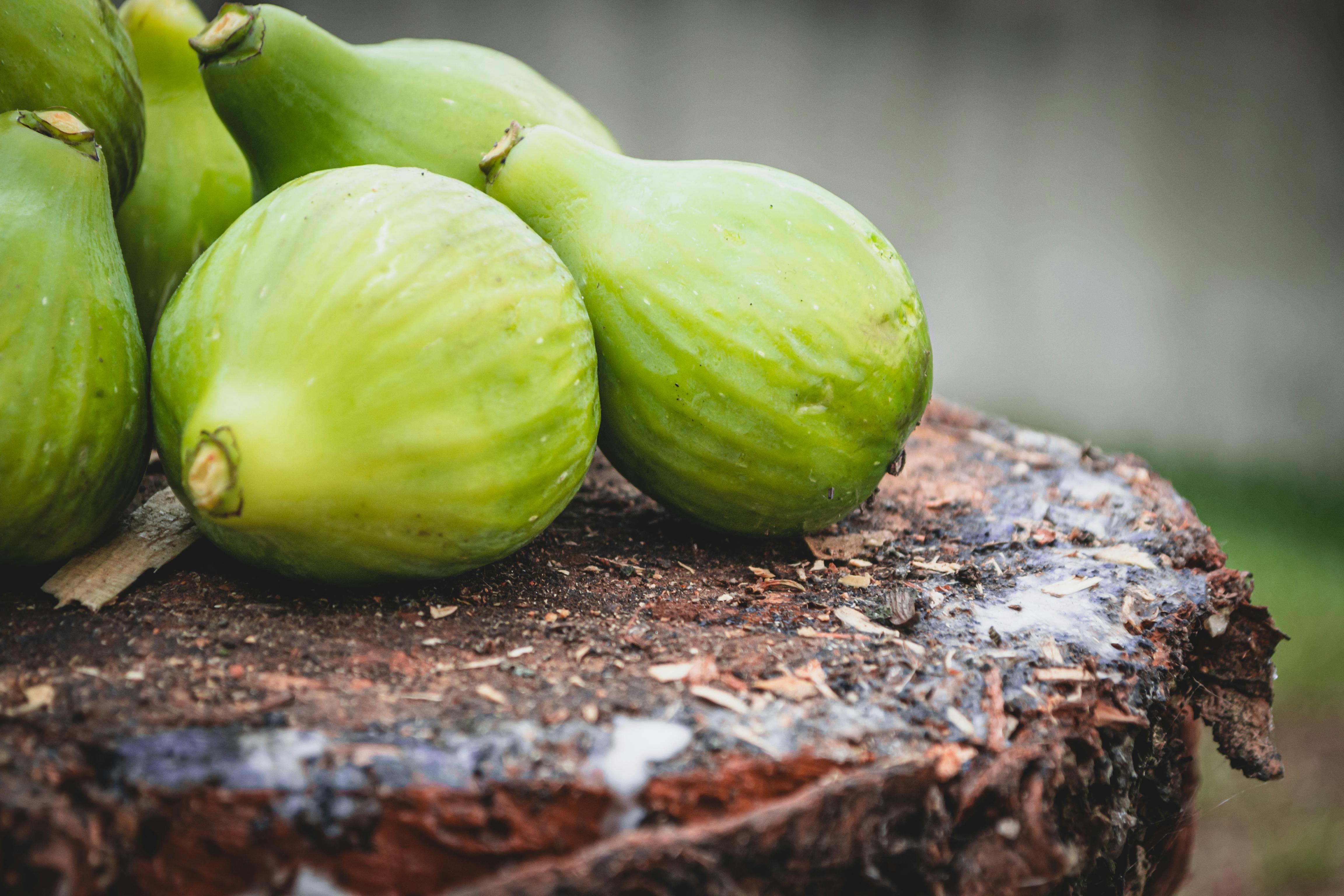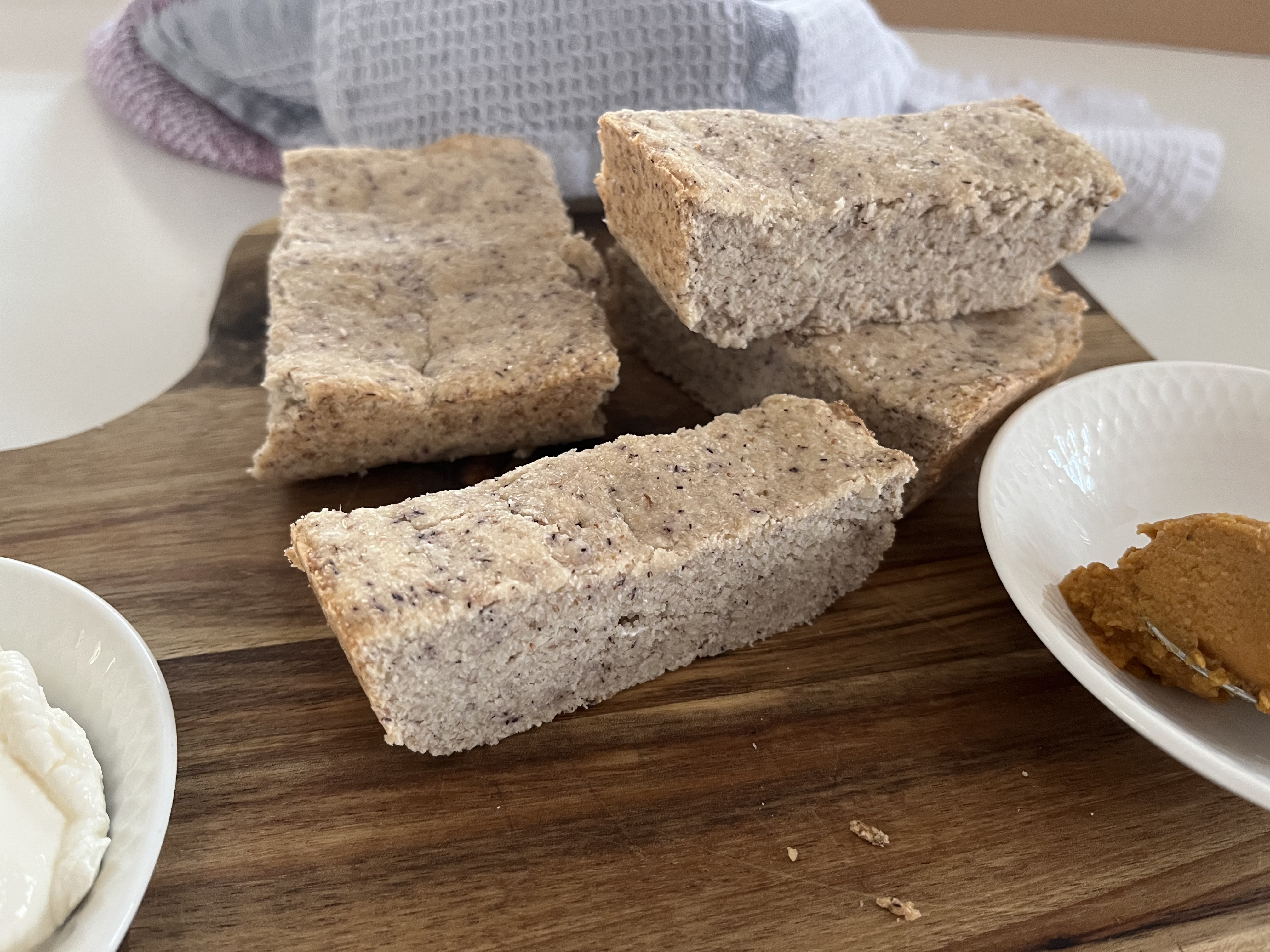 |
Nature’s Dessert Cookbook: Healthy, Delicious & Naturally Sweet Recipes Don’t want or can’t tolerate sugar alcohols and artificial sweeteners? This cookbook is for you! Every dessert is naturally sweetened with whole ingredients rich in fiber and protein, slowing sugar absorption and making them diabetic-friendly. It gathers your favorite recipes from the website—plus brand-new ones—all in one convenient place. Indulge in truly natural treats without compromise! |
 |
Diabetic Baked Goods: Everyday Bakes for Every Meal Diabetic cookbook designed to make healthy baking simple, accessible, and enjoyable. This collection of low-carb, high-fiber, and protein-rich recipes provides a reliable solution for those looking to enjoy diabetic bread and baked goods without blood sugar spikes. Every recipe includes a video tutorial, making it even easier to follow along and bake with confidence! |
 |
What Makes This Cookbook Different?
|
Avocado and Diabetes: Redefining Sweet Treats for Health
Avocado and diabetes go hand in hand1, as avocados provide a nutritious and versatile base that enhances the health benefits of sweet treats.
Avocados are a low-carb fruit, with a mere 12 grams of carbohydrates per avocado, 10 of which are fiber. This leaves only about 2 grams of net carbs, which is highly favorable for anyone monitoring their carbohydrate intake. This aligns with the needs of diabetes management, where controlling carbohydrate intake is essential to maintaining balanced blood sugar levels.
One of the foremost benefits of avocado in the context of diabetes2 is its high content of heart-healthy monounsaturated fats. Unlike saturated fats, these fats are known for their ability to improve cholesterol levels, decrease inflammation, and maintain steady blood sugar levels. For individuals with diabetes, this means avocado can play a crucial role in supporting heart health while adding a creamy decadence to desserts.
Avocado is packed with vital vitamins, including vitamins K, E, C, and several B vitamins. These vitamins contribute to various bodily functions, including blood coagulation, antioxidant protection, and energy metabolism—essential for maintaining overall health and wellbeing in diabetic individuals.
The fiber content in avocados is another significant perk, crucial for individuals managing diabetes. With approximately 10 grams of fiber in a medium avocado, this fruit assists in promoting digestive health, aiding in weight management, and stabilizing blood sugar levels by slowing the digestion process and delaying the absorption of sugars.
Scientific research has highlighted the potential of avocados to reduce oxidative stress and inflammation. Additionally, its richness in potassium, higher even than bananas, supports heart and kidney function. This potassium support, coupled with its low-sodium profile, marks avocado as an ally in promoting healthy blood pressure levels.

Avocado and Diabetes: A Culinary Companion
Avocado can serve as an excellent replacement for less healthy fats. Incorporating avocado into desserts ensures that you're not just indulging in flavor, but also in nutrition.
Avocado's smooth, rich texture is perfect for creating diabetic-friendly desserts. It can be effortlessly mashed or blended, taking on a creamy consistency similar to that of butter or cream, without the associated high levels of saturated fat or sugars.
When paired with ingredients like cocoa or vanilla, avocados elevate the flavor profile of desserts without overshadowing the other ingredients. Avocado's gentleness in flavor allows for endless experimentation with other healthy ingredients. Diabetic-friendly desserts made with avocado can feel indulgent and satisfying without spiking blood sugar levels.
An easy avocado chocolate pudding, for example, requires only avocados, cocoa powder, and a natural sweetener like stevia or monk fruit, offering a rich and healthy alternative to traditional chocolate puddings.
During the winter months, I often prepare a spread using avocado, lemon juice, honey, and a hint of ginger. Simply blending these ingredients results in a nutritious spread, perfect for pairing with homemade low-carb bread. This spread has proven to be highly beneficial for boosting our immunity during the colder season.
What’s wonderful about this combination is its versatility—it doubles as a creamy filling for chocolate sponge cakes or a pie filling especially when sweetened a bit more with stevia. Beyond fillings, avocado serves as an excellent substitute for less nutritious fats in various baked desserts, such as muffins and brownies.
While my focus is primarily on desserts, I must mention how sliced avocado makes a fantastic addition to many salads. Alternatively, I blend it with healthy seasonings (like ginger, coriander, chives, basil, etc.) to create a delicious and wholesome salad dressing. Adding a touch of balsamic vinegar to part of the mixture creates an instantly usable dressing, while the rest can be stored in the fridge for later.
The point is, avocado is incredibly versatile and can be used in numerous delightful ways!
Important Precautions for Avocado Consumption
Of course, as with any ingredient, moderation in the use of avocado is key. Although beneficial, avocados are calorie-dense, which means they can contribute to a higher caloric intake if consumed excessively. Balancing avocado portions in dessert recipes ensures that you enjoy its benefits without overindulging, aligning with the dietary guidelines essential for managing diabetes.
When considering avocado and diabetes, it's important to note potential allergies. While rare, some individuals may experience allergic reactions to avocados. Monitoring for any unexpected symptoms, especially when introducing avocado-based desserts to children, ensures a positive culinary experience without any unintended adverse reactions.
As you explore avocado in diabetic-friendly desserts, remember to source high-quality, ripe avocados for the best flavor and texture. Ripe avocados are slightly soft to the touch and yield gently when pressed, perfect for blending into or replacing other fats in desserts. Quality ingredients go a long way toward creating satisfying culinary experiences.
Avocados should be stored properly to maximize their shelf life; this includes keeping ripe ones in the refrigerator to extend freshness or freezing ripe avocado chunks for future use in desserts. This way, you always have this super ingredient at the ready for those spontaneous dessert cravings.
In conclusion, avocados are a remarkable component in crafting diabetic-friendly desserts, providing not only a rich source of healthy fats and nutrients, they open an enjoyable world of balanced indulgence, ensuring every sweet treat is a step toward a healthier life.







